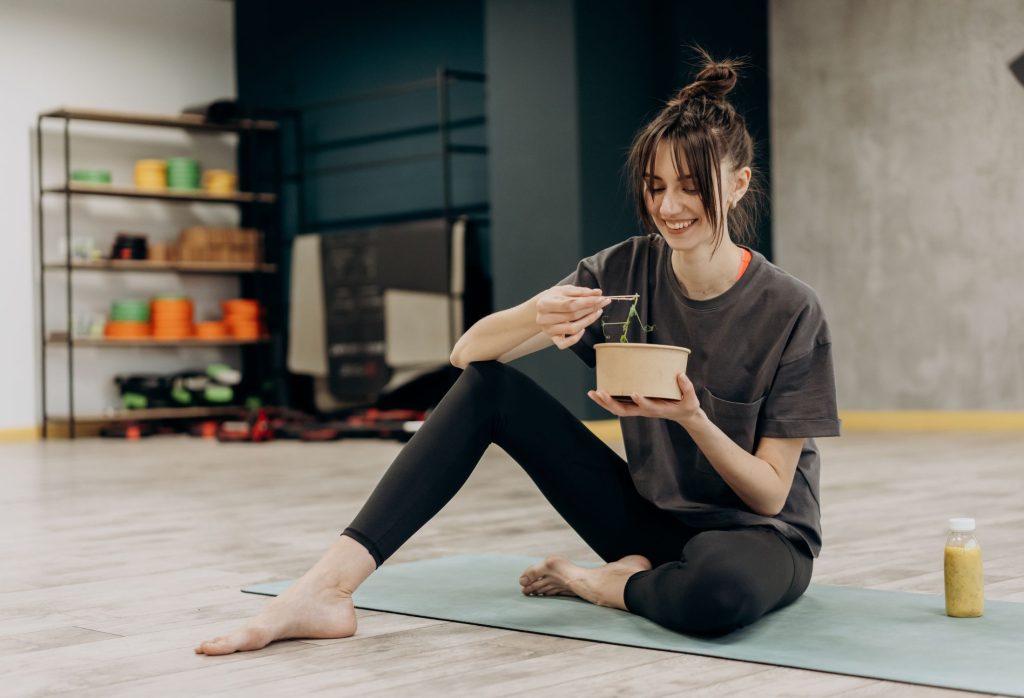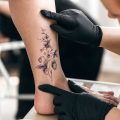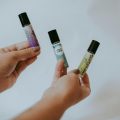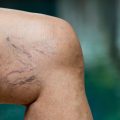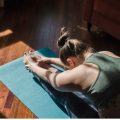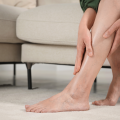Search a topic
Last updated on April 22, 2024
What causes spider veins is either a malfunction in the vein valves that stop the backwards flow of blood or a sudden, excessive pressure in the venules or capillaries. Many things can contribute to these burst veins and faulty valves. Let’s get into them so you can avoid spider veins or stop new ones from forming.
What causes spider veins
Genetics
Unfortunately, you can inherit weak vein walls and valves. If your parents or grandparents had spider or varicose veins, you’ll be more likely to develop the conditions. Obviously, you can’t control your genetics. However, you can take some precautions to lessen your risk of developing spider veins.
Age
As we age, our veins weaken. The muscles that support vein function (such as the calves) also lose their strength over time. These changes can result in expanding veins, valves that are no longer able to close, and the pooling of blood.
Hormones
Hormone fluctuations can also be what causes spider veins. Specifically, increased levels of progesterone make the veins relax, which can make it harder for valves to close. Such changes usually happen during pregnancy and menstruation.
Excess pressure
As spider veins occur in tiny surface veins (venules) and arteries (capillaries), a sudden and excessive increase in blood flow can overwhelm them, making them permanently expand. Activities like weightlifting and processes like childbirth are common culprits, as they can put a lot of stress on the veins.
Not moving enough can cause spider veins
Your veins rely on muscle movement to pump blood to the heart. Staying still for long periods (like sitting at your desk all day at work) slows circulation, making it more likely for blood to pool in the veins. Not getting enough exercise can also impact your overall cardiovascular health, not to mention your overall well-being.
Unhealthy diet
Poor eating habits can also contribute to spider veins. A diet with too much sugar, saturated fats, and salt can increase water retention and cholesterol, which can make the veins work overtime and even cause blockages.
Similarly, if you’re deficient in Vitamins C, D, E, or K, your circulatory system likely isn’t getting the nutrients it needs to stay strong and healthy.
Sun damage
Sun damage breaks down collagen, which is a fundamental ingredient in skin and veins. Excessive sun exposure over time can weaken your skin and veins, increasing the risk of spider veins.
What you can do to reduce your risk of spider veins
- Do at least 30 minutes of exercise daily
- Eat a balanced diet
- Try to move around every 30 minutes or so at work
- Wear sunscreen and protective clothing between 10 am and 4 pm
- If you weightlift or do another type of strenuous physical activity, increase your weight and reps gradually – by around 10% per week. You can also get some sports compression socks or sleeves to protect your veins.
- Wear compression socks at work and while travelling
Learn more: How to prevent spider veins
What causes spider veins: the bottom line
Spider veins have many risk factors. While some are impossible to control (like genetics and age), you can – and should – take steps to make your veins healthier and happier.
If you do get spider veins, know that they aren’t dangerous and are unlikely to cause physical discomfort. But if you’d like to pursue treatment for aesthetic reasons or are getting symptoms of burning, itching, or swelling in your legs, give us a call at 0483948908.

